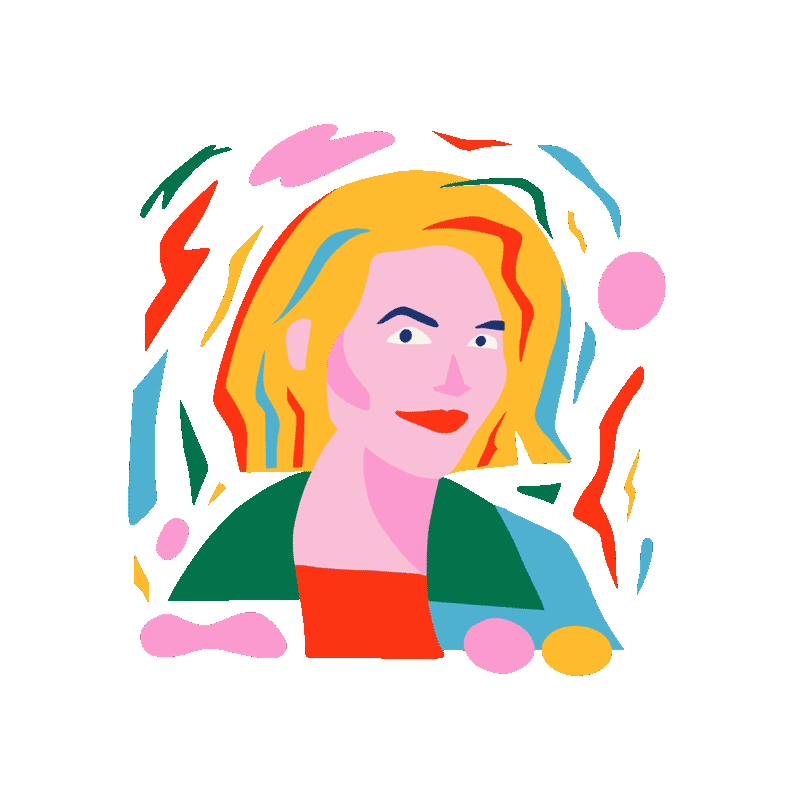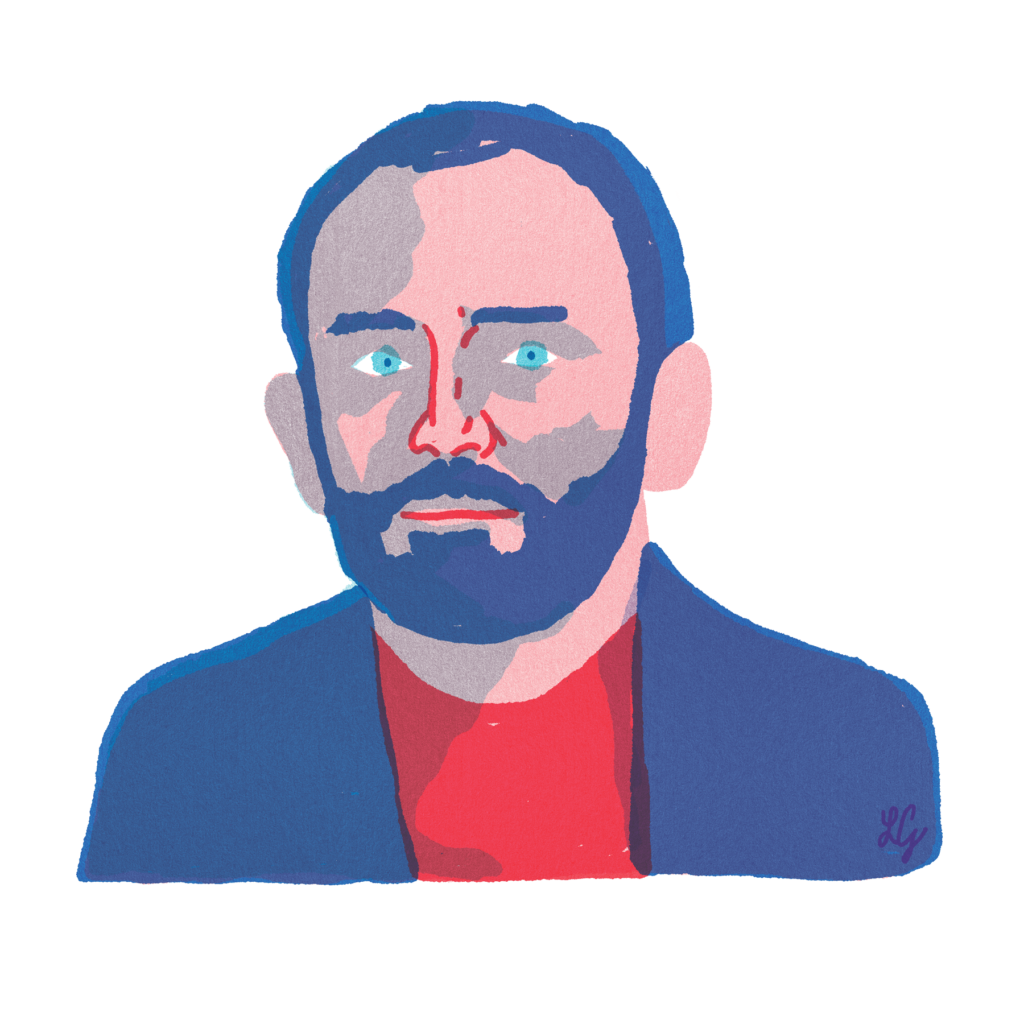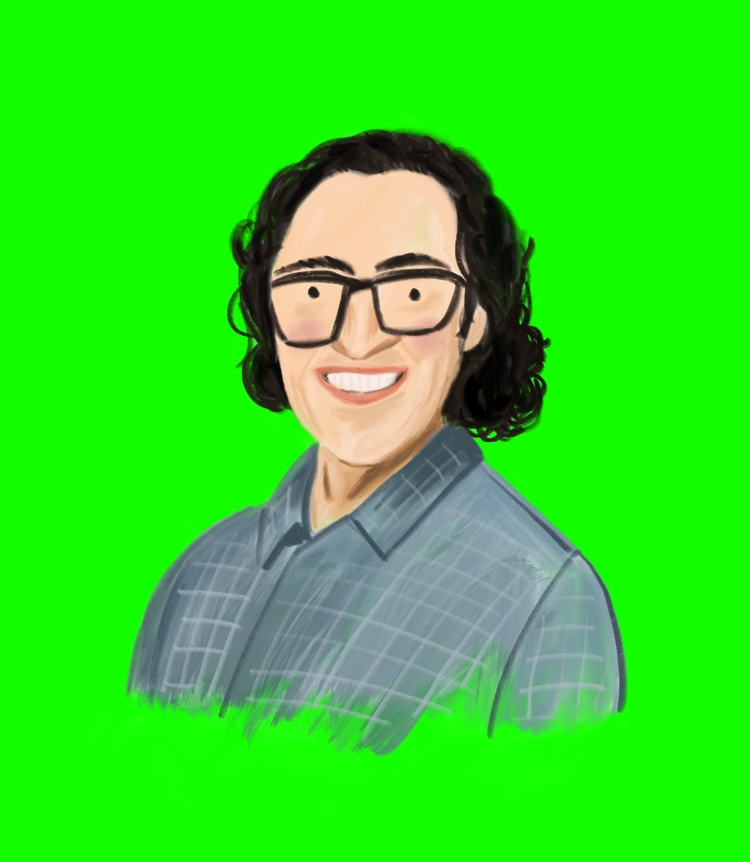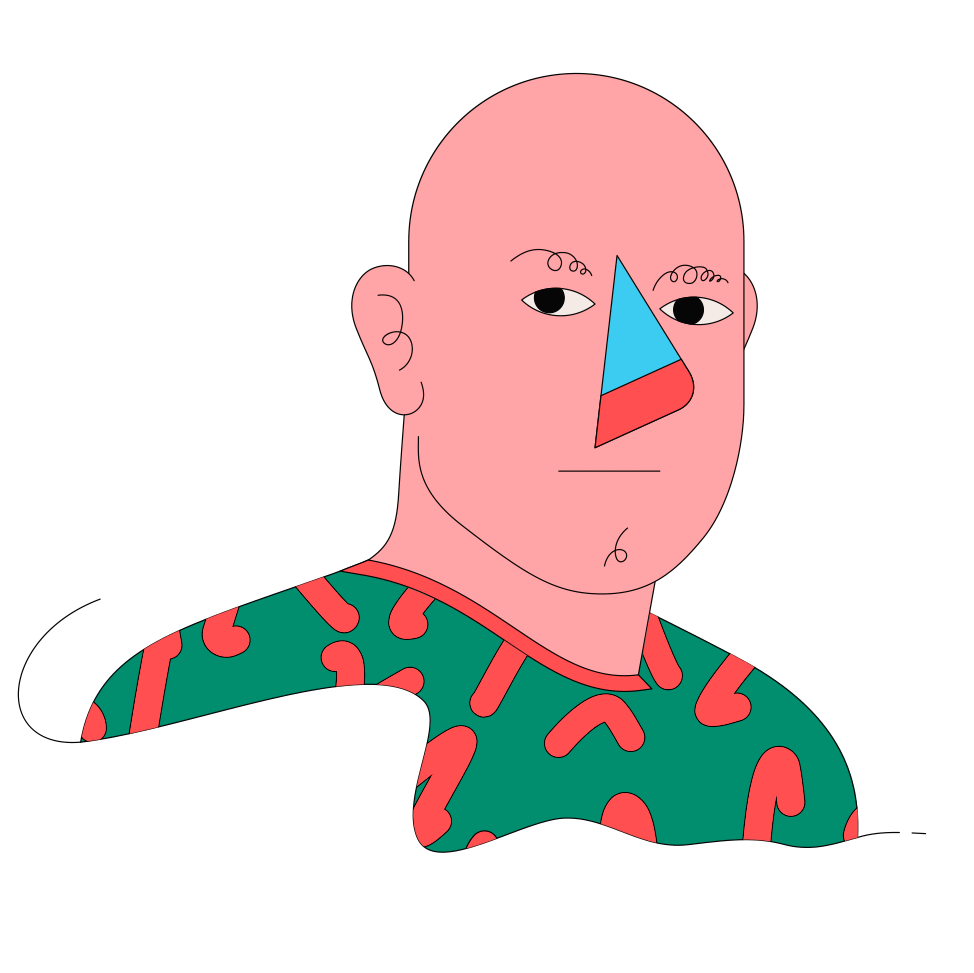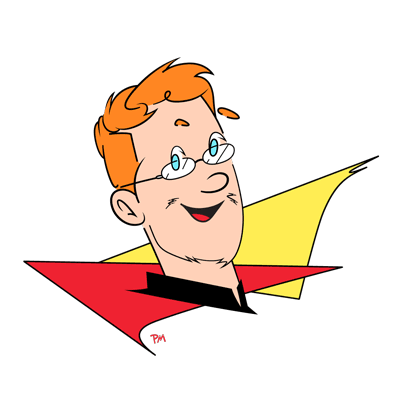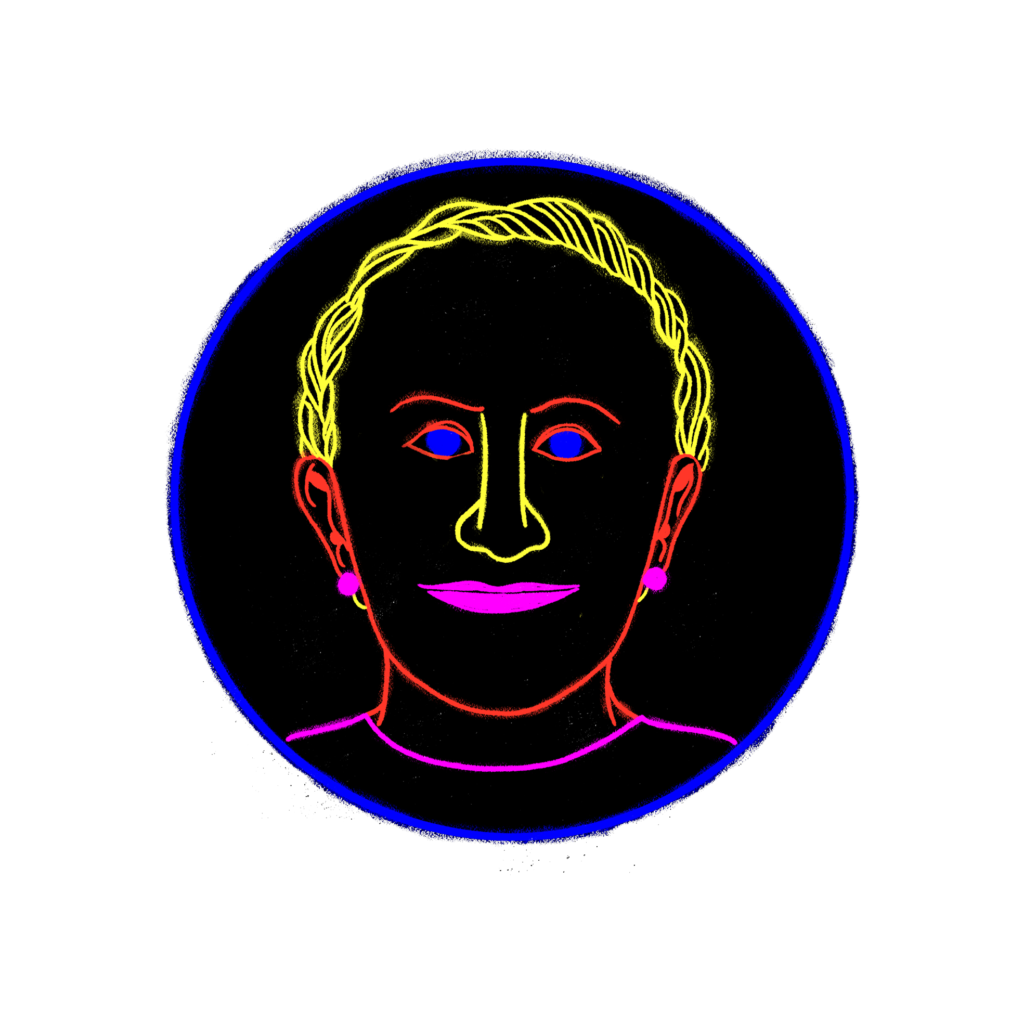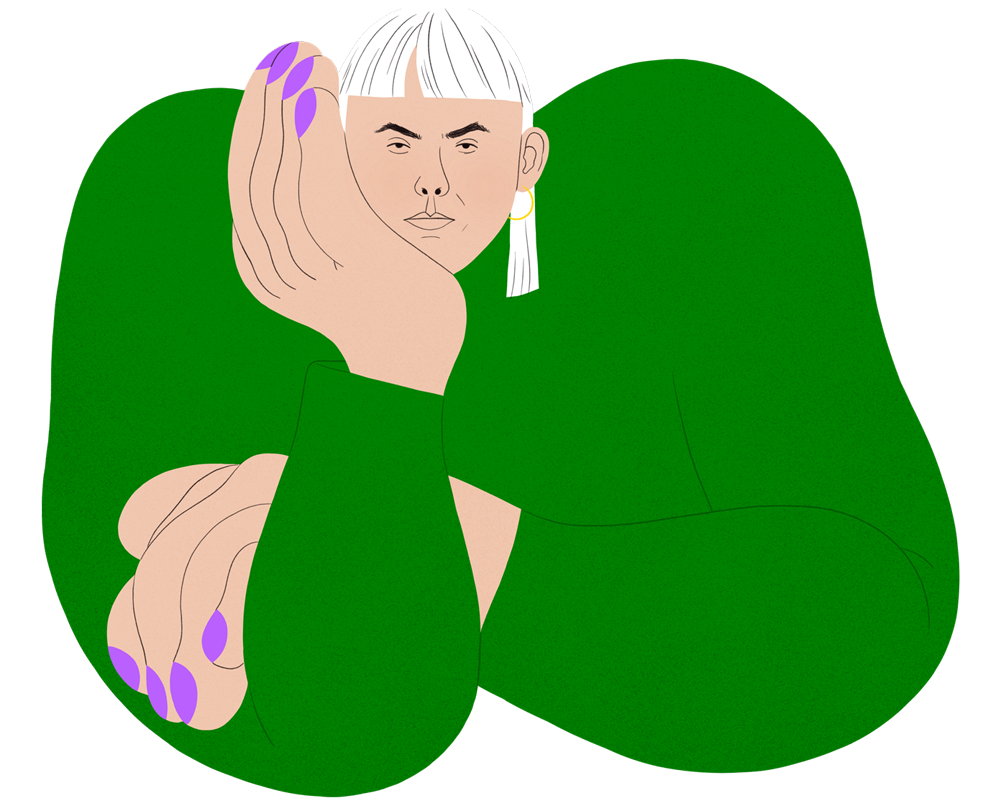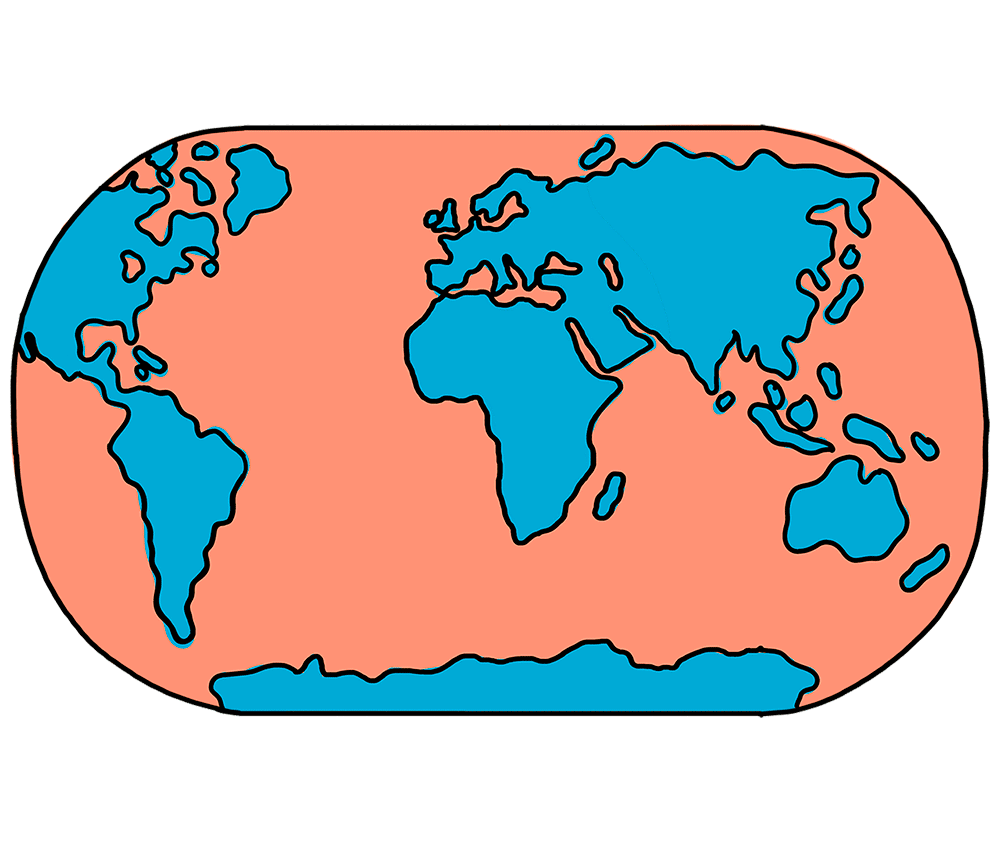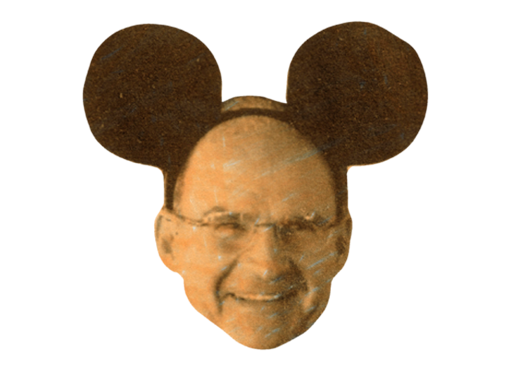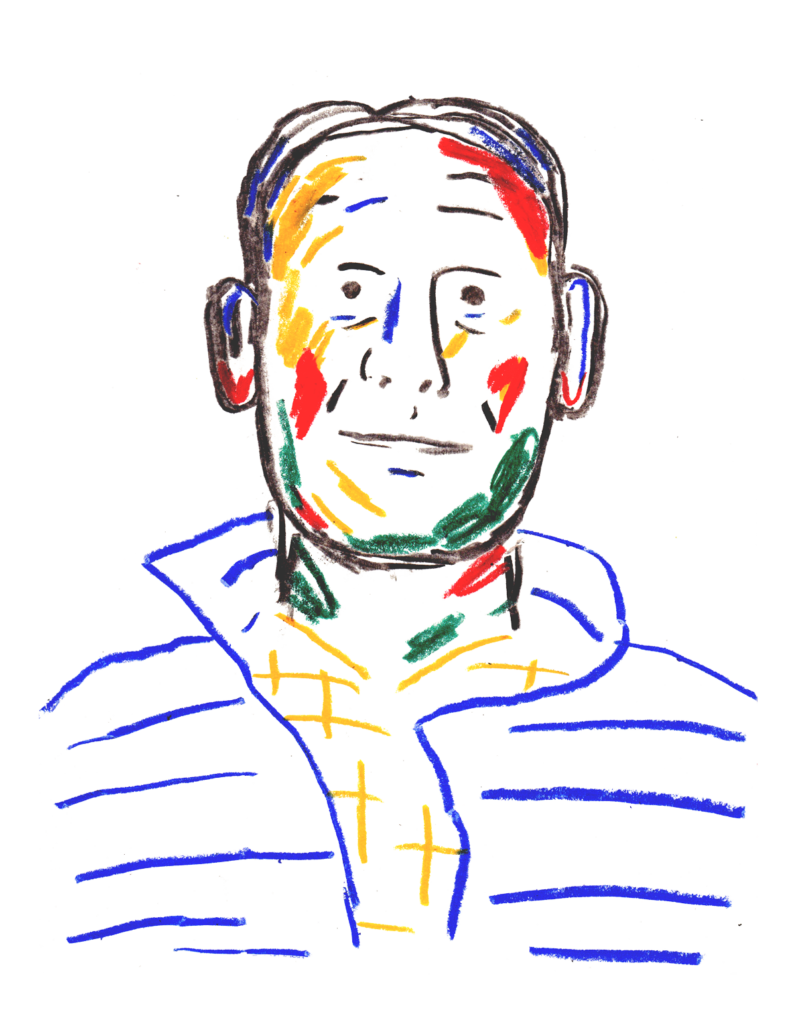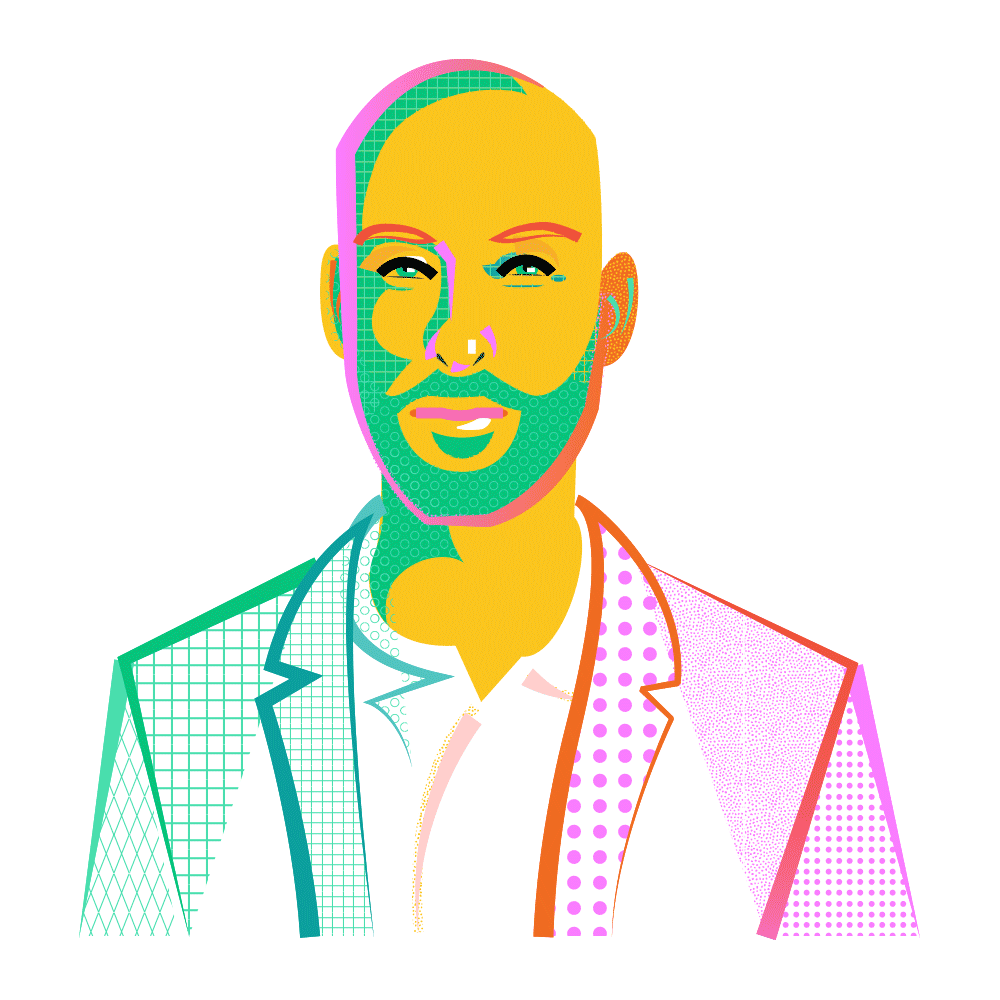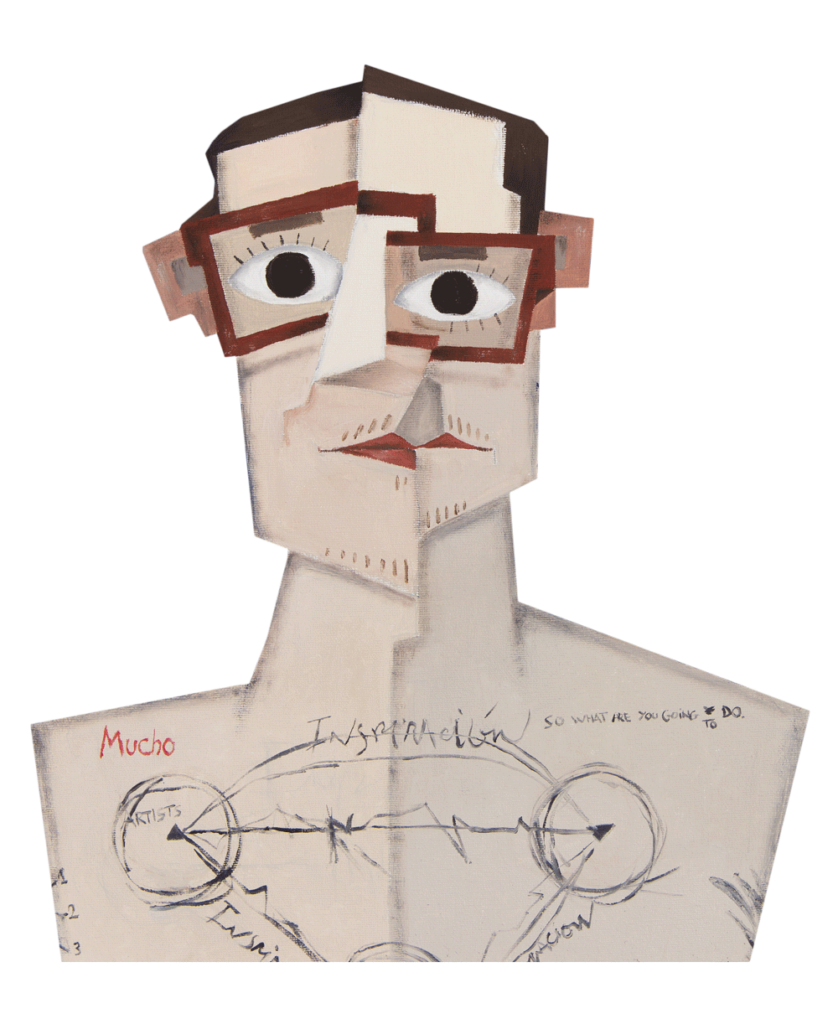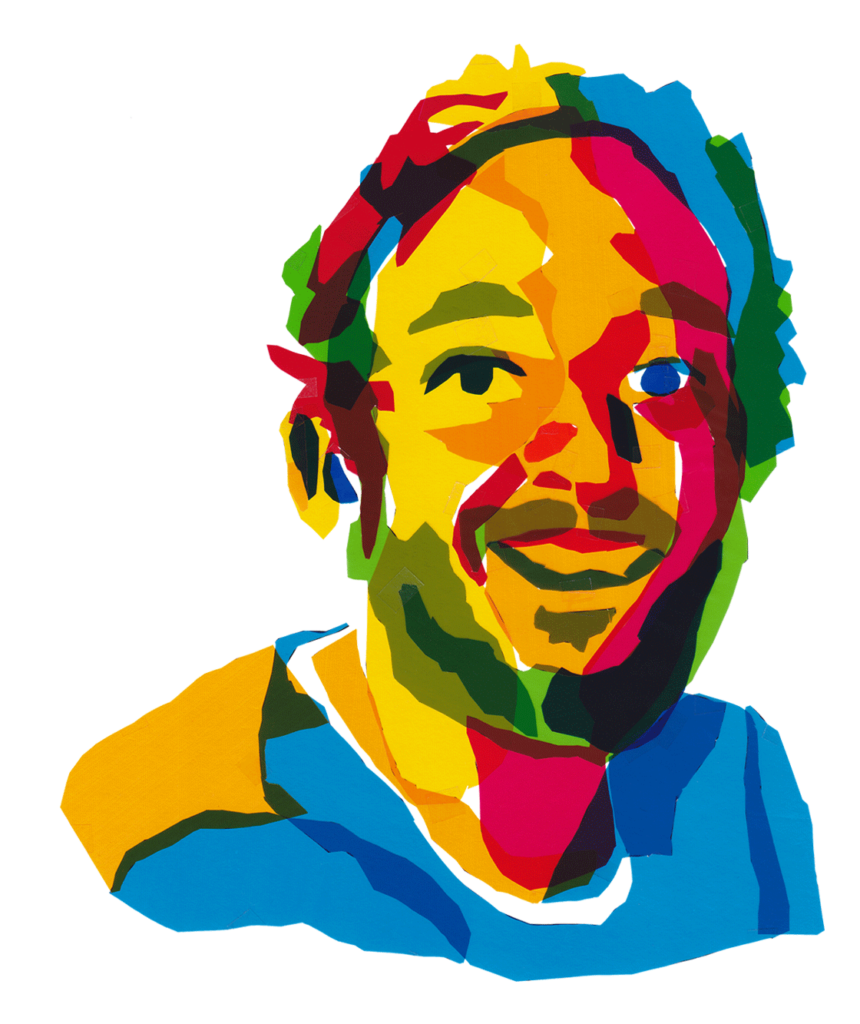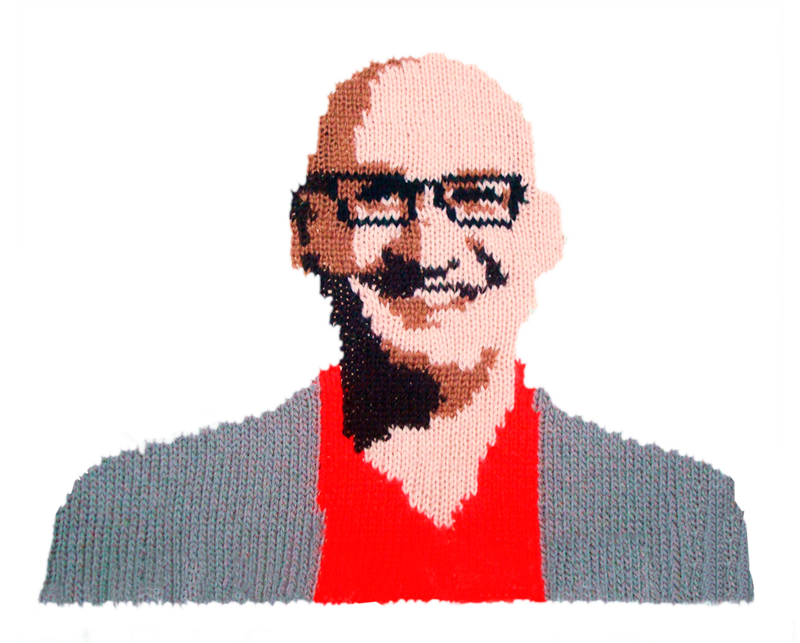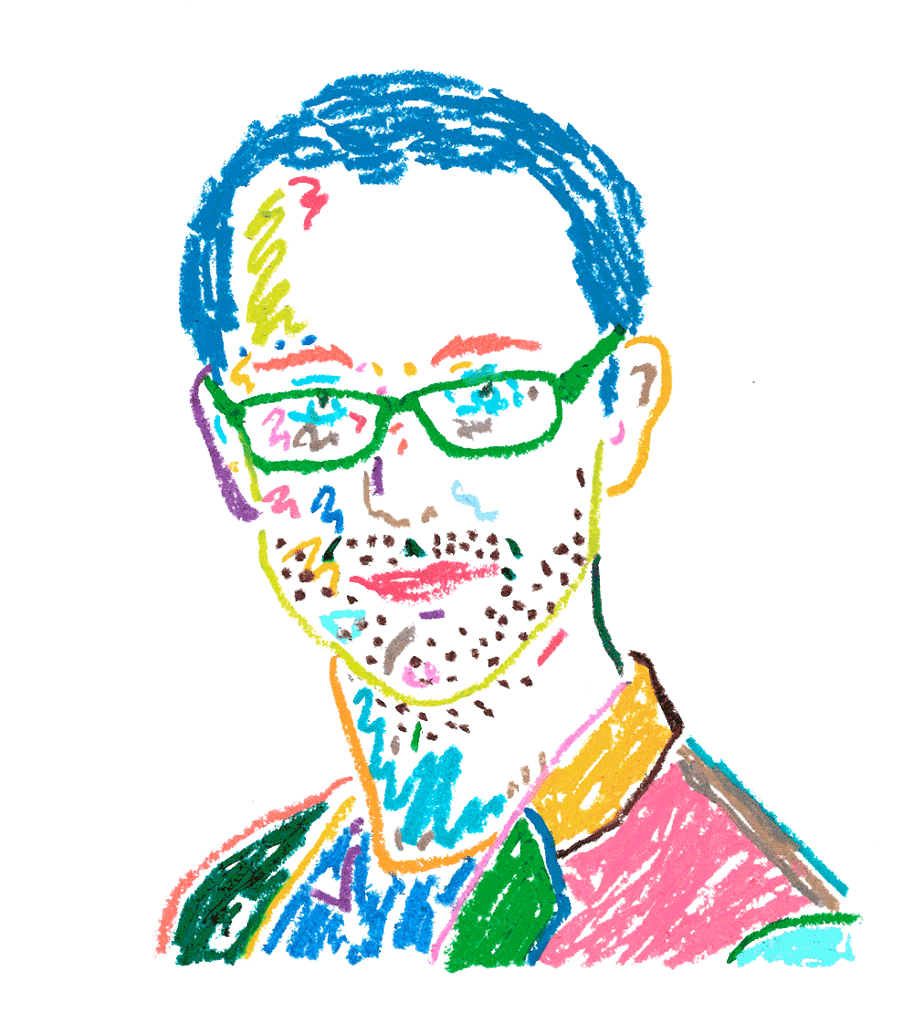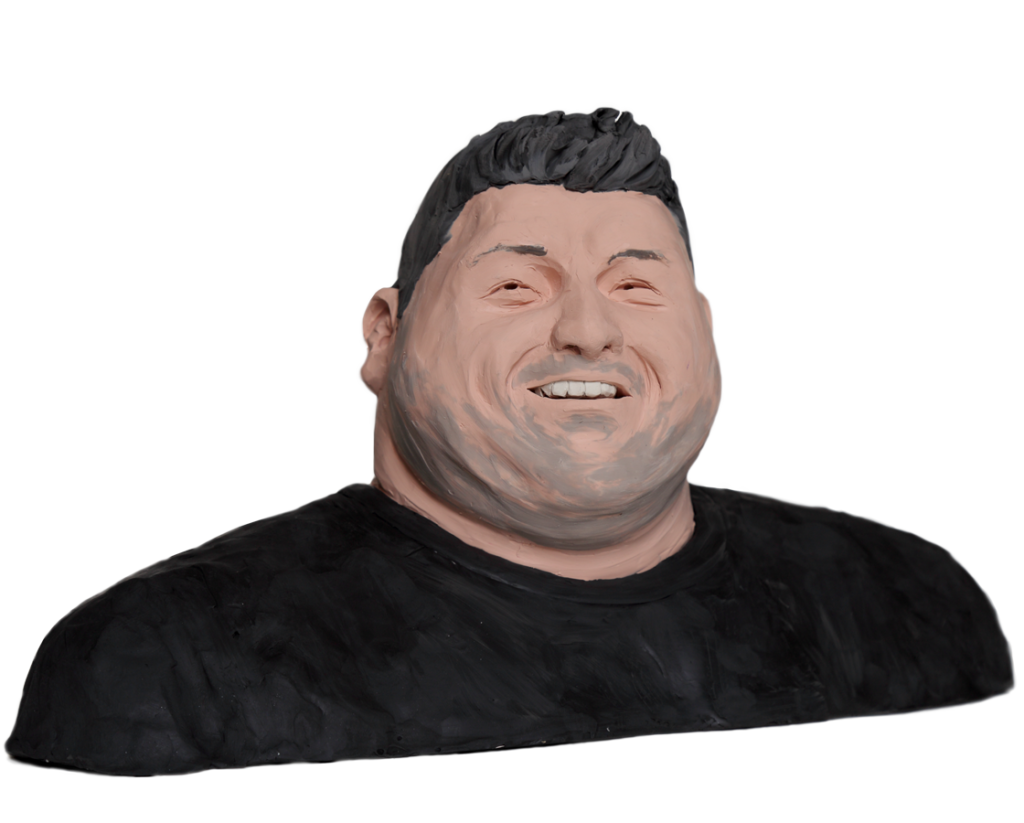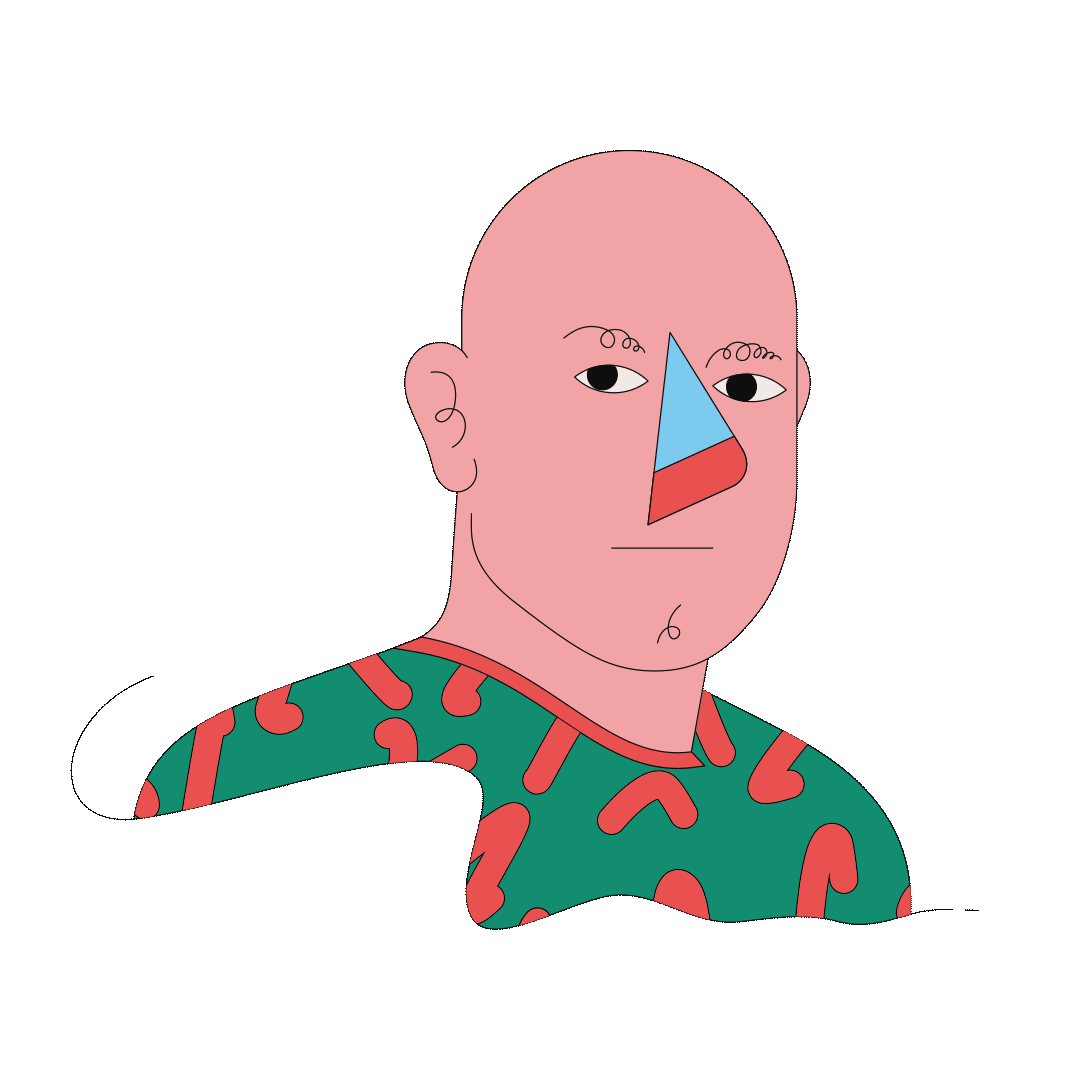The world has stopped working the way it did before. Political campaigns follow completely different rules, the offline is merging with the online, democracy is being hacked, and truth seems not to matter anymore. All good, no? In the last 30 years, Arjon Dunnewind has been guiding an avant-garde art centre in the Netherlands where artists explore the relationships between tech and politics, fiction and reality. We talk to him about post-truth, the role of art and activism, and the value of fiction as a tool to understand reality.
Let’s start with an easy one: our world’s changed completely and it keeps spinning out of control. And it will probably be like this for quite a long time. How are we reacting? How have these technological radical shifts changed our minds and our society?
There’s a lack of understanding around technology and media and the changes that are happening. And this lack of understanding creates both fear and enthusiasm. On the one side, people are afraid of something when they don’t see any opportunity in it. On the other, there’s often a level of naivety or not enough awareness of how technology can be abused.
But reducing the field to this dichotomy doesn’t really do it justice. We need a wide variety of ideas, to give stage to those ideas. We need to have people discussing, people from extreme sides of both fields.
In an age of mistrust and disinformation, how do you gain back people’s attention? What will happen to our notion of reality when digital and analogue completely merge? Is this the entertainment and information form of the future?
The online and offline are merging. And this process will continue. Augmented reality is a very interesting new area. Maybe Google Glass didn’t survive because it was just a bit too early. But I am convinced that similar technologies will become very common, maybe even more than virtual reality.
For the upcoming decades I see virtual reality mainly for entertainment, with educational or instructional purposes, but because it makes you so detached from reality, it also makes it very limited in its use in society.
On the other side, augmented reality blends and thereby connects the virtual and the physical. And I see that as a much more interesting area or an area where expect much more radical developments.
On the one side, tech is evolving at high-speed. On the other, certain alt-right politicians are selling the ‘old world’ or the restoration of an idealised past, scaremongering their electors.
Yes, in social terms, there are more people that want to go back to the world as they knew it, the city or country as they knew it. I think what we see with the rising alt-right is simply that they are using technological tools the right way, before anybody else.
Throughout the history of humanity, to conquer a territory and access new resources was the driver behind most conflicts and cultural shifts. How has the digital revolution changed this?
Evgeny Morozov, a Belarussian internet critic, said “If data is the new oil, then who’s the new Iraq?”
Just as natural resources have been the reason for major political changes and interventions, we will see similar things happening in the battle for data, information and manipulation.
We are living in what is called the Post-truth era. How did that happen? Is this related to the mass of digital platforms and services we are seeing today?
The internet and social media are now about personal opinion and polarized news. That creates a heavily polluted media environment where fact-based information has to make space for extreme opinions, exaggerated opinions. So how to get out of this without losing freedom? How to maintain the power and potential of the internet and at the same time, make sure that the negative consequences of these new technologies are somehow regulated? Governments need to help us and to set rules for how Facebook, Google, and Twitter are regulated, but they should also somehow make sure that their platforms remain open, democratic, and plural in form.
What is stopping this from happening?
There is a great lack of understanding of the power and influence of big technology companies and the potential that these new technologies have. And I think more awareness is needed on a political level, in order to make sure that these politicians can represent us and defend our rights as users of this technology.
The big change that I would hope to happen soon is that we set the terms to the technology companies and not the other way around.
In our age of big data and hyper calculation, does it still make sense to talk about Democracy in such a contaminated environment? Are we still empowered to make our own decisions or are we too easily-influenced?
Why would it not make sense to talk about democracy?
I wouldn’t use the word contaminated. But, even if that’s the case, we should make efforts to sanitize it, and each one of us can do that. I think our government should play a part as well. We’re entering dangerous ground if I say the government should play a part in sanitizing the media environment. But I do think it should create a sort of framework within which it can operate. And it has always done this. There are things that are illegal in the physical environment but also in the information environment, it’s part of civil society.
Will we need to invent or develop alternatives to democracy in our era?
There are rising movements proposing to try and establish direct forms of democracy. As direct as possible. Technology now allows that. Still, I’m very much against a direct democracy. I value a democracy where we give a mandate to specialists that are able to take well-informed decisions on our behalf. I think direct democracies are very vulnerable to media influences. News in the newspaper could totally turn around the voting process, in one day. That’s why I prefer indirect forms of democracy.
In a democratic system, education is key. However, the education system is clearly overlooking the shift of paradigm that we’re experiencing. How can we build a new way of learning?
The latest technology should be included in educational programs. We shouldn’t be afraid to take a stand and show how it can be used in positive and creative ways. But also to show how it can be addictive, how it can be damaging, and how it can be used in the wrong ways. So, instead of being afraid of these new technologies, as citizens, educationers, and politicians, we should dive into the know as much as possible and engage in the dialogue and debates about how they should be deployed.
The Internet seemed the perfect place for a decentralization of culture, for new ideas and people to emerge on a global scale, overcoming the most powerful countries and hegemonic discourses. Is it still like this?
I think it was when the internet first became popular, open, widely accessible for average people. In the beginning, there was a huge amount of idealism. People saw this new platform as something democratic, a platform that would give voice to everyone.
Of course, potentially, that could have happened. Yet still, we find ourselves now with an internet that is colonized by larger companies and their various platforms. The individual voice is difficult to hear. The original idealism included a lot of naivety about how the world wide web would function.
Should we move away from this hyper-dominated environment and establish new platforms dedicated to quality? Wouldn’t the creation of new, category-based platforms, enhance the filter-bubbled reality we live in?
I do think there should be more competition. It’s a very important value of the internet and of social media and of media platforms in general. It allows people, minorities, people that somehow divert from the norm or have problems that they want to talk about, to meet each other and to talk to other people with the same issues. But yes, apart from having an empowering effect, there is already a filter bubble when you speak to people that deal with the same problems, maybe they have the same ideas, think in the same way as you do. It’s a hard question, but yes, there should be more platforms.
What’s the role of an artist in our technological era?
The value is in making people aware of the world that they’re living in and how technology is not something isolated, disconnected from politics and economics, or disconnected from democracy. Making people aware of how they relate to other people, of how this is an interconnected network of phenomena, and how they can play a part in that themselves is of key importance for artists that work with those media.
I don’t want to neglect the power of aesthetics and the power of beauty and how beauty can appeal to people. I just think that appeal should be used by artists in creating narratives and speaking to the imagination of people. I’m only interested in artists that engage with the world that they’re living.
Traditional journalism seems to take absurd political statements as fact, while activist art and political satirists have demonstrated an extremely low tolerance for bullshit. Are exaggeration and provocation the tools to understand and project our current surreal and polarised reality?
Artists are exposing people with pranks, with appropriation, and often with guerrilla tactics. Intervening and reaching out to a wider audience to show how mainstream media is doing a sloppy job is one way in which art can contribute positively.
An artist’s role today is to show examples that speak to the imagination, for artists to somehow give a visual narrative that supports the statements and ideas of people trying to create an awareness of the potential and the dangers of media and technology.



